The Scottish Government has recently launched and concluded three planning consultations. The first covers the National Planning Framework and local development plan amendments. The second relates to masterplan consent areas. The third looks at resourcing Scotland’s planning system. The intention is to ensure that planning is more flexible and nimble and also better resourced in funding and staffing terms. What are the likely outcomes of these consultations? Will final decisions result in a system that works faster and more efficiently? Will the planning environment and outcomes for planners, developers and communities be improved?
Planners, developers and communities are all anxious to secure a well-balanced planning system which works efficiently to meet the demands placed upon it. However, a range of challenges lie ahead in meeting needs around development planning and management, resourcing the planning system adequately and driving best practice performance. This conference looks at the key themes flowing from the Scottish Government's series of recent planning consultations. These covered Masterplan Consent Areas, National Planning Framework/Local Development Plan amendments and funding and resourcing the planning system. The conference will examine what all stakeholders need to know about what is happening now and what is coming next.
The Scottish Government's consultations are part of a range of wider work being undertaken to roll out planning reform. That programme takes place in the context of ongoing development and implementation arising from the 2019 Planning Act. Two of the consultations aim to conclude final regulations on Masterplan Consent Areas and on processes in amending National Planning Framework and Local Development Plans. The third begins to address the broader challenge of how to better fund and resource the Scottish planning system – particularly in local planning. It raises questions on both fee charging and on how the planning system may be able to 'work smarter' through a range of initiatives and collaborations.
This conference looks at the intentions and implications of the latest round of planning reforms. It considers these proposals from the perspectives of all parties in planning and gives insight into what the consequences may be. It reflects on how we can ensure that implementation of reform delivers a robust, efficient and manageable system that is open, accountable and fair.
The conference examines these challenges in three sessions:
Topics to be discussed
Who Should Attend
This conference will be relevant for anyone involved in the planning process as applicants, regulators, community interest groups, promoters of economic development & growth, and participants in the strategic planning, development & placemaking processes.
This includes planners, planning committee members, developers, housebuilders, community representatives, lawyers with planning specialisms, architects & designers, planning advisors, planning academics and – more generally – all public sector bodies with planning interests and responsibilities, private companies with engagement in the planning system, strategic bodies with an interest in spatial planning (such as transport bodies and companies), third & community sector organisations, and agencies and departments supporting economic development and inclusive growth.
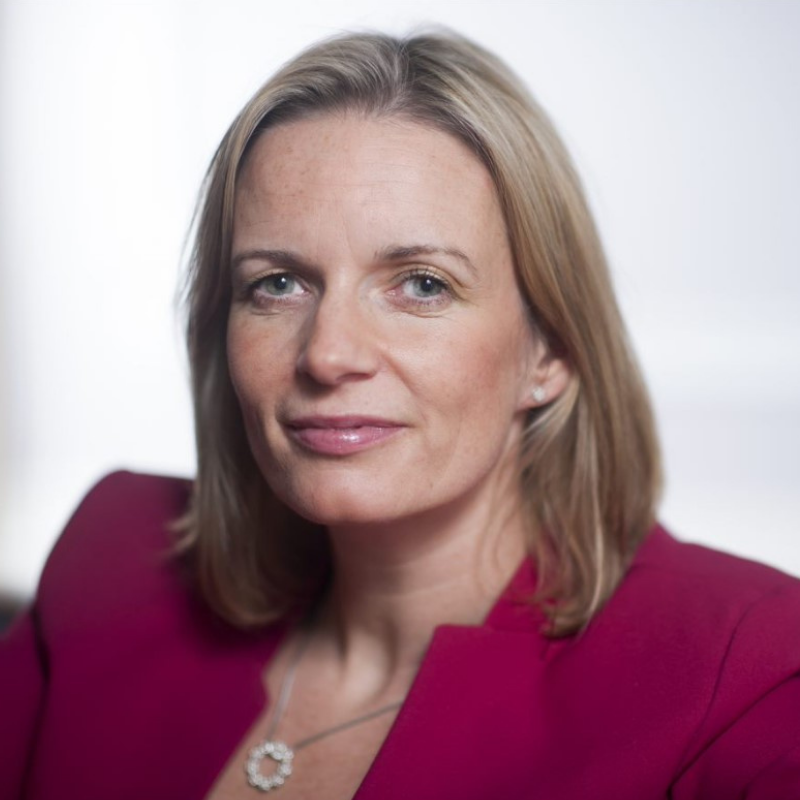
Chief Executive
Planning Aid Scotland
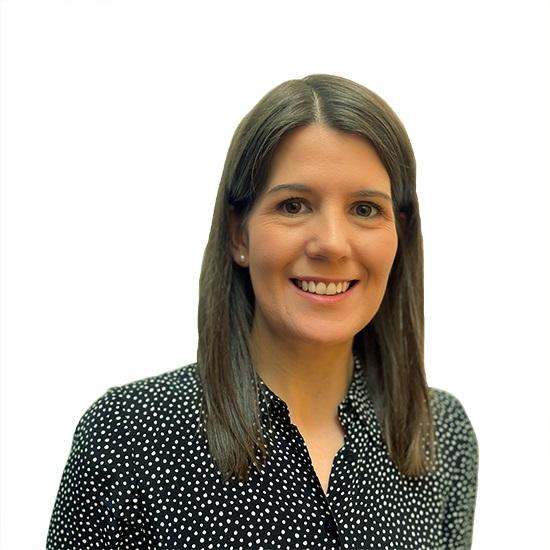
Director of Design
Architecture & Design Scotland
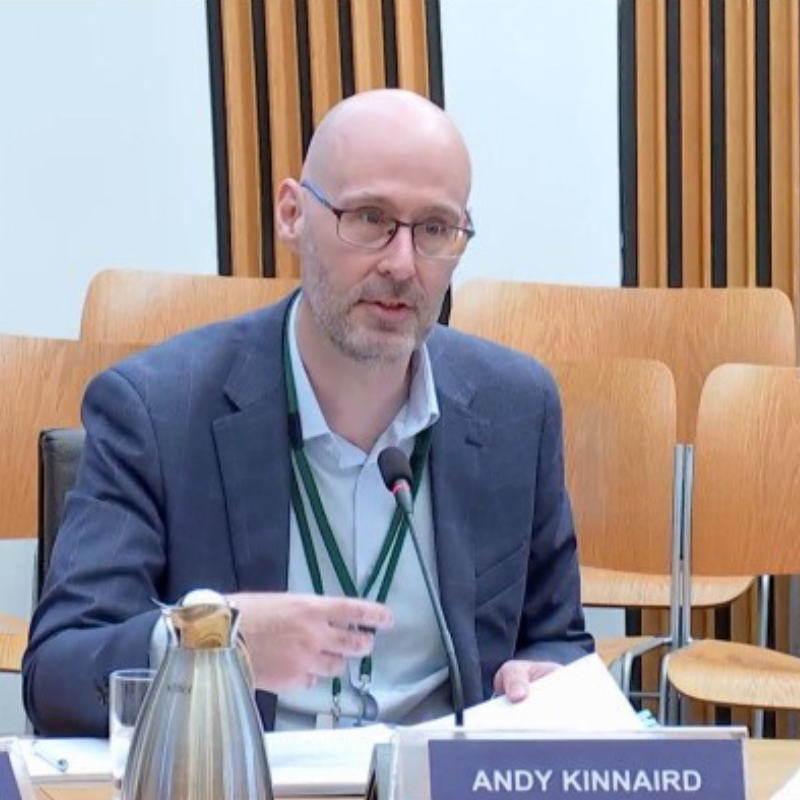
Head of Transforming Planning - Planning, Architecture & Regeneration Division
Scottish Government
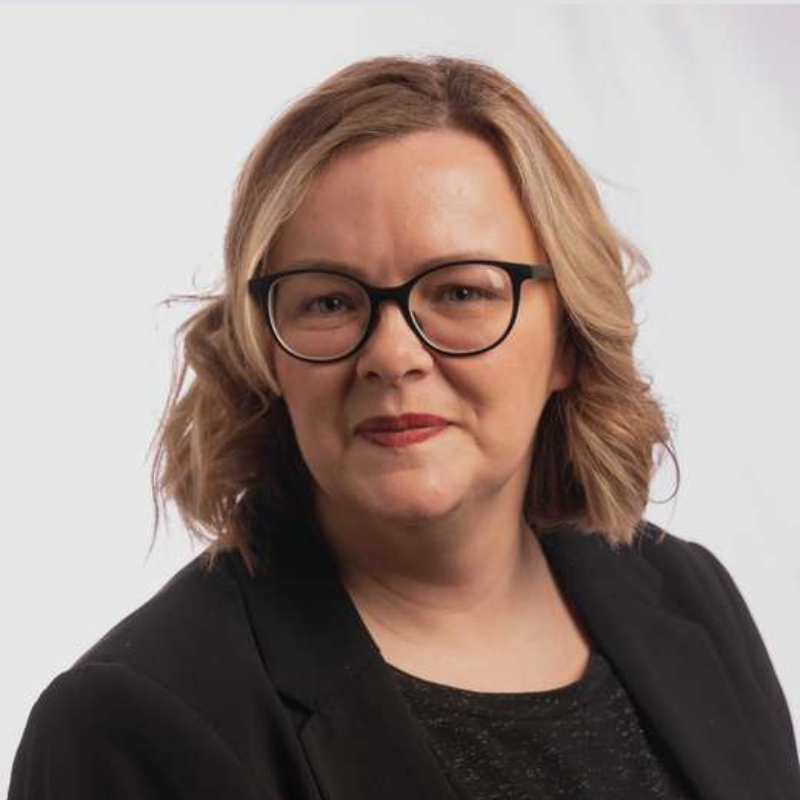
Co-Head of Undergraduate Programmes - DJCAD
University of Dundee

National Planning Improvement Champion
Improvement Service
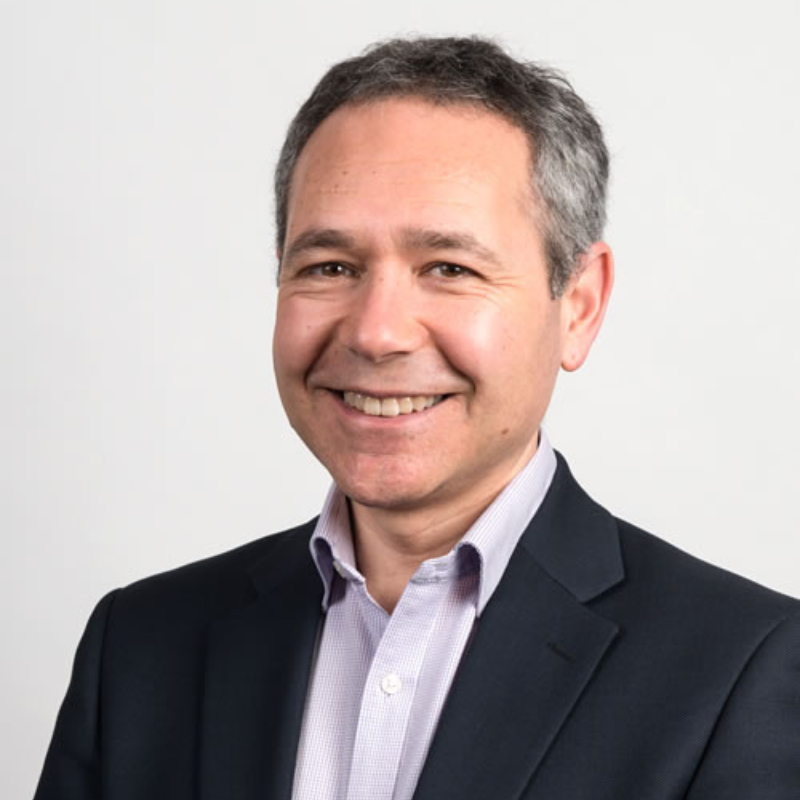
Planning Director
Third Revolution Projects

Reader in Sustainable Urban Design
University of Dundee
09:25 Chair's opening remarks
Kirsty Macari, Co-Head of Undergraduate Programmes - DJCAD, University of Dundee
dundeeuni kirstymacari
Session 1: Amending the National Planning Framework and Local Development Plans
09:30 Keynote speaker
Andy Kinnaird, Head of Transforming Planning - Planning, Architecture & Regeneration Division, Scottish Government
ScotGovPlanning scotgov
09:45 The National Planning Framework
Johanna Boyd, Chief Executive, Planning Aid Scotland
PAS_tweets
10:00 Local Development Plans
Stefano Smith, Planning Director, Third Revolution Projects
StefanoSmith15
10:15 Question and answer session
10:30 Comfort break
Session 2: Masterplan Consent Areas (MCAs) and funding and resourcing the system
10:50 Masterplan Consent Areas: what is proposed?
Dr Husam Al Waer, Reader in Sustainable Urban Design, University of Dundee
dundeeuni husamalwaer
11:05 MCAs and development delivery
Heather Claridge, Director of Design, Architecture & Design Scotland
ArcDesSco
11:20 Funding the planning system and working smarter – addressing the capacity, performance and resource demands
Craig McLaren FRTPI, National Planning Improvement Champion, Improvement Service
improvserv improvserv
11:35 Question and answer session
11:50 Chair's closing remarks
Kirsty Macari, Co-Head of Undergraduate Programmes - DJCAD, University of Dundee
dundeeuni kirstymacari

Johanna Boyd
Chief Executive
Planning Aid Scotland
Johanna is a dual-qualified English barrister and Scottish solicitor (now non-practising). She practised as a barrister at a leading set of chambers in London for 10 years, specialising in planning, administrative and public law, and local government law, and ranked as a leading planning junior in the Legal 500.
On returning to Scotland, Johanna was the first woman to lead Stirling Council and the youngest council leader in Scotland at that time. As council leader, she secured a historic £214m City Region Deal for Stirling and Clackmannanshire, closed the gender pay gap for council employees, amongst other achievements.
Following her decision to move on from politics, Johanna worked with the Equalities and Human Rights Commission (EHRC) on a programme of work to ensure that equalities best practices is embedded into City Region and Growth Deals.
Johanna joined Planning Aid Scotland from the Government, Regulation and Competition team at Brodies LLP, where she regularly advised across public, private and third sectors on all aspects of planning, administrative, public, local government and regulatory law.

Heather Claridge
Director of Design
Architecture & Design Scotland
Heather is a chartered planner and urban designer, with a background in geography. She has over 14 years of experience working in the public sector. At Glasgow City Council, Heather has shaped place policy and facilitated urban regeneration. Heather joined Architecture and Design Scotland as Director of Design and will lead the advice work.

Andy Kinnaird
Head of Transforming Planning - Planning, Architecture & Regeneration Division
Scottish Government
Andy leads the Planning Transformation Unit at the Scottish Government. From a civil service career spanning nearly four decades, mostly within planning, Andy has experienced and influenced significant changes in Scotland’s planning system and the way it operates, including through change management roles to support planning reform implementation. Andy was the Scottish Government’s Bill Manager for the most recent Planning Bill, now the Planning (Scotland) Act 2019. In his current role, his team has led the development and adoption of National Planning Framework 4 and the new system of local development planning, and now progressing towards the introduction of the legislation for masterplan consent areas and development plan amendments.

Kirsty Macari
Co-Head of Undergraduate Programmes - DJCAD
University of Dundee
Kirsty Macari is Co-Head of Undergraduate Programmes in DJCAD at the University of Dundee with a remit across Architecture and Urban Planning along with Contemporary Art Practice. Kirsty studied Town and Regional Planning and Urban Design combined with significant public service practice across Planning and Economic Development before joining the University of Dundee.
Board Member of Architecture & Design Scotland, Depute Chair of the Planning Schools Forum and is involved in the RTPI's Education and Lifelong Learning Committee and General Assembly. She is currently Immediate Past Convenor of RTPI Scotland having spent 2023 as Convenor focussed on planning education and digital planning futures.

Craig McLaren FRTPI
National Planning Improvement Champion
Improvement Service
Craig McLaren is Scotland's first National Planning Improvement Champion, a role that was established in the Planning (Scotland) Act 2019 to monitor the performance of planning authorities and support them to identify and tackle areas of improvement. Craig is based in the Improvement Service and took up post in September 2023.
Prior to that he was Director of Scotland, Ireland and English Regions in the Royal Town Planning Institute and previously was Director of the Scottish Centre for Regeneration in Communities Scotland/ Scottish Government; Chief Executive of SURF (Scottish Urban Regeneration Forum); Scottish Policy Officer at RTPI; and a planner in the London Borough of Kingston upon Thames.
Craig is a Fellow of both the RTPI and the RSA. He has also sat on the Boards of Scotland's Towns Partnership, Built Environment Forum Scotland, Greenspace Scotland, Resilient Scotland and the Jim Boyack Memorial Trust.

Stefano Smith FRTPI
Planning Director
Third Revolution Projects
Stefano is a commercial and pragmatic development planner with a strong customer focus. Stefano has nearly 30 years of UK professional experience of managing multi-disciplinary teams within a planning, environmental, design and engineering consultancy.
He has extensive experience in providing development planning and project management services in the environment, infrastructure, energy, commercial, industrial, housing and mixed-use sectors. He is a Chartered Fellow of the Royal Town Planning Institute (FRTPI) with experience in statutory planning (including approvals & consents and expert witness), sustainability, regeneration, master planning & urban design, consultation & engagement strategies and tools & development economics. He is a seasoned practitioner in stakeholder engagement and the development of communication strategies, as well as the use of appraisal and assessment tools.
Stefano has successfully advised, negotiated, and delivered complex land development and infrastructure projects of ranging sizes. He has worked in both the private and public sectors, particularly pertaining to the principles and practice of the economics of urban regeneration, land development, sustainability, urban design, complex environmental assessment, and project management.

Husam Al Waer (Dr)
Reader in Sustainable Urban Design
University of Dundee
Dr. Husam AlWaer
Qualifications:
B.Arch (hon), MRTPI, Ph.D, BREEAM AP, AoU, Recognised Practitioner in Urban Design (UDG), Placemaking expert
Academic appointments:
Reader in Sustainable Urban Design, University of Dundee, School of Art and Design (Architecture & Urban Planning)
Professional appointments:
Associate - Kevin Murray Associates
Associate - Proctor and Matthews Architects
Husam is an 'urbanist', with a background in architecture, urban planning and sustainability. He is currently Reader in Sustainable Urban Design at the University of Dundee, having previously researched and taught at Reading and Liverpool universities. He has worked with various UK and International governmental and corporate agencies on research, training and engagement projects. Husam’s work has had a demonstrable impact in both academia and practice. He has a focussed interest in the past and future of sustainable places, towns and cities (including the 20 minute Neighbourhoods), and in particular the development of new approaches to sustainable urbanism and the way new methodologies are facilitated and managed. Husam is an award-winning author with published work on a wide range of subjects from architecture, urbanism, sustainability, and healthy neighbourhoods to the specifics of placemaking facilitation and performance evaluation. He brings insight to research, teaching, community stakeholder engagement and professional practice at the intersection between theoretical and contemporary policy and practice. Titles include: Site and Composition: Design strategies in Architecture and Urbanism, Rethinking Masterplanning: Creating Better Places, ‘ Unpacking the concept of 20 Minute Neighbourhoods: disentangling ‘desired outcomes’ from the ‘means’ available for achieving them’, ’Changing the Focus: Viewing Design-Led Events within Collaborative Planning’, ‘Unhealthy Neighbourhood “Syndrome”: A Useful Label for Analysing and Providing Advice on Urban Design Decision-Making?’, and ‘Urban design as a specialised, evidence-based, coordinated educational and professional endeavour’. Husam is a member of the Urban Design Group Executive Committee,Honorary visiting professor at Damascus University, and Honorary Chief Editor of the Urban Design and Planning journal. He was invited as an Official Observer & Presenter for COP26, Glasgow.
Husam is currently working on -5 Million Euro funded project- four year cross cultural EU project (Urban ReLeaf) that aims to co-create citizen-powered data ecosystems to support climate change adaptation, green infrastructure, and urban design planning. Husam has a national and international profile through his contribution to government departments and professional institutes. These include: The Scottish Government's Planning Review Evidence; the recent Scottish Government investigation into community participation design processes; the RTPI's Measuring Planning Outcomes; coordinating and facilitating the Cairo International Future City Co-Design Workshop; curating and facilitating ‘Damascus 2040: A city of 15 minutes neighbourhoods’ workshop (2021); curating and facilitating the Cairo Holy Family Trail Collaborative Design (July 2022); and recently, he is leading an international team developing a sustainable vision for the old city of Damascus (2021/2023). Over the last year, he was twice invited to undertake leading edge place change training programmes for the ministry of Urban Planning and Housing in Oman. Husam is a Registered Overseas Architect, a Corporate Member of the RTPI, an Academician with Academy of Urbanism (AoU), a Recognised Practitioner in Urban Design (UDG), and a BREEAM AP assessor. He was twice acted as a Special Advisor to Scottish Government charrette events and the New Ideas Funded Programme. My approach to urban design and sustainable urbanism been recognised within commendations and various national and international Awards (see the award section). For example, I was awarded the 2014, 2016, and 2022 the prestigious Reed and Mallik Ltd Journal Prize for the best papers published in the Journal of Urban Design and Planning. Also, I was awarded the National Research Award 2020 for the Best Published Research Paper in the Energy & Industry Sector in the Sultanate of Oman.
Husam has also undertaken leading edge place change training as part of the ‘urban laboratory model’ at the University of Dundee which enables architecture and urban planning students to creatively and analytically study a place intensively in a manner that addresses real issues and problems, providing solutions aimed at improving the quality of life for its own communities, businesses and visitors. This year Angus Council has been used as a creative ‘Civic Design Rural Laboratory’ partner in which to explore and test ideas generated by Architecture and Urban Planning students at the University of Dundee. The aim of this project is to devise a strategy and design for how Monifeith and its surrounding villages and small rural settlements might grow and function in a ‘connected communities approach’. Husam have been involved in training different audiences and ‘levels’ – from school pupils, to undergraduate and Master students, to professionals, politicians, community groups and leading policy makers. He is experienced at providing creative, interactive events – that are fun, challenging, learning sessions that can assist in breakthrough thinking and consensus-building.
This conference will take place online.
How to book
You can book to attend, or order the video only, in 3 ways:
Conference fees
GROUP DISCOUNT – organisations booking 3 or more delegates will receive every third delegate place free of charge (please complete further forms if necessary)
PLEASE NOTE – the option of ordering the video recording only is intended for any individual who would normally have attended the event but – for whatever reason – is unable to do so on the day. It is not permissible to share this recording. Please contact us if you wish to share this recording. See our terms and conditions for further information.
Payment
We do not currently accept payments online and will send you an invoice.
You have the option of paying by bank transfer or card.
Bank details will be included on the invoice.
If you wish to pay by card, please tick the appropriate box on the booking form and a member of our staff will contact you by telephone to take the payment. Alternatively you may call 0131 556 1500.
Terms and conditions
By placing this booking, you agree to the full terms and conditions found via the link at the foot of our website.
Book delegate places or purchase video recording.

